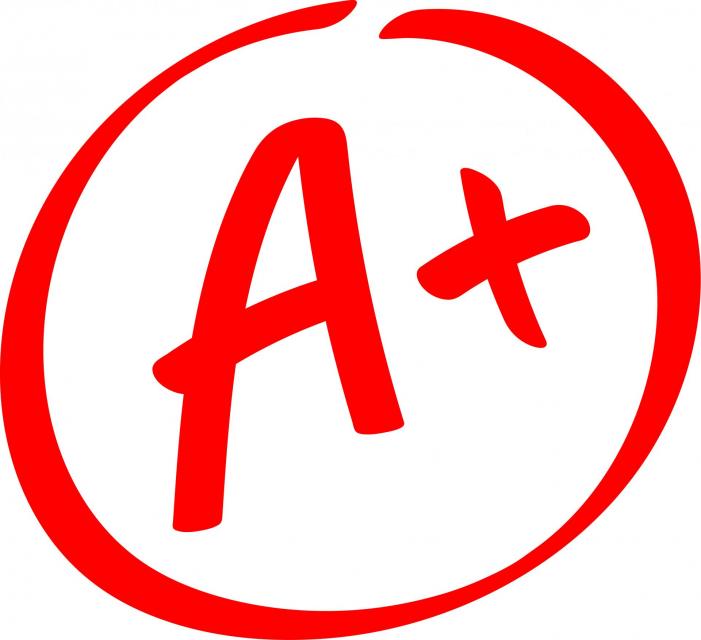Home
Upcoming Events
March in March
State Capitol West Steps
CFT State Council Summit
Hilton Anaheim Hotel
Engaging Members and 1-1 Conversations
Virtual Training - Register Below
Lobby Day
Sacramento Union Hall
Tools for Taking Action: Gripes or Grievances
Virtual Training - Register Below






